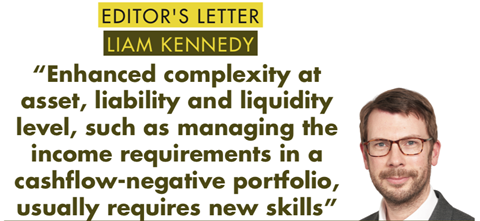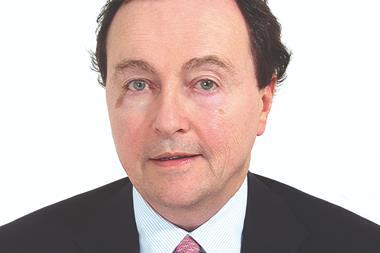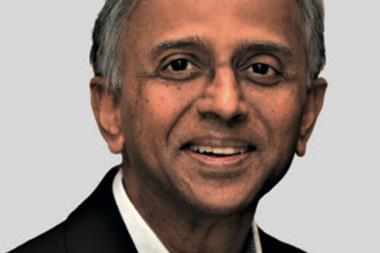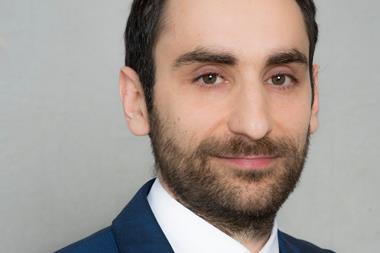Europe now has approaching two decades of experience with the investment outsourcing that is loosely called fiduciary management, or sometimes outsourced CIO (OCIO), to use the US terminology.
KPMG calculates that 80% of Dutch pension assets are managed under some form of fiduciary management (including all of the largest funds); in the UK assets now exceed £200bn, according to Isio, although few large funds have opted for it.
There has been a natural evolution in the structure of mandates, in the Netherlands in particular. In fact, European fiduciary management has never been restricted by a simple definition.
At its heart, it involves outsourcing part of the investment process to an external party. At its simplest, this could involve manager selection, monitoring and reporting. In practice, European fiduciary management has involved holistic balance sheet management of assets and liabilities, with larger funds preferring bespoke structures for oversight of the investment function.
Dutch experience with fiduciary management is varied, with one early mandate – Pensioenfonds Vervoer – ending in acrimonious legal action and a settlement with the provider, Goldman Sachs Asset Management (GSAM).
On the other hand, when Philips decided to close its in-house asset manager Schootse Poort in 2006, the trustees negotiated the retention of ‘outsourced’ staff in Eindhoven. Its provider BlackRock retains a presence in the city specifically for Philips to this day.
The provider landscape has changed considerably, with GSAM having long pulled out of the market and others, like Lombard Odier, SEI and Allianz Global Investors have shut up shop. AXA Investment Managers now looks set to join them.

In contrast to their Dutch peers, UK corporate pension trustees have tended to under-resource pension management – for example, in relation to the resources sponsors typically spend on in-house treasury management – and while the balance sheet of a large listed company tends to be stable over time, pension fund balance sheets are highly volatile by comparison, making disparity of resource quite noticeable, given the order of magnitude of liabilities.
This is in contrast to the British local government sector, which has transformed its investment management through pooling. Sophisticated internal setups have emerged across the country.
Over the last two decades, defined benefit (DB) funds have transitioned from equities towards cashflow-matching assets as they have matured. Having moved into bonds, repo and swaps as part of their liability-matching programmes, funds are also focused on unlisted assets in private credit and real assets.
This enhanced complexity at asset, liability and liquidity level, such as managing the income requirements in a cashflow-negative portfolio, usually requires new skills, particularly when the ultimate aim may be risk transfer through a buy-in or buyout.
Therefore, the in-house skills needed for large closed DB funds have shifted from asset allocation, manager selection, portfolio monitoring and reporting towards cashflow modelling and liquidity management. Investing greater amounts in unlisted assets also brings distinct skill requirements.
Last month, the trustees of the two main British Airways schemes announced their decision to outsource £21.5bn (€25bn) and an unspecified number of staff to BlackRock as part of a fiduciary management deal. Their rationale, which focused on the changing skills and investments needed for a maturing pension scheme, broadly makes sense.
BA’s UK pension operation has been a relatively rarity in UK terms for favouring significant in-house management.
But deciding the future of an in-house investment operation will always be a nuanced decision with no clear-cut template. As the BA trustees would no doubt confirm, disassembling a long-serving team must be tough – and this decision appears to have been a long time in coming to eventual fruition.
Nevertheless, the BA trustees’ decision in favour of fiduciary management may embolden more UK schemes to consider it – alongside the emerging options of consolidation vehicles or risk transfers.
Pioneers of fiduciary management, like Anton van Nunen, have always placed good governance at the centre of the successful outsourcing relationship. Fiduciary management should always improve governance – and eventual pension outcomes.
Given consolidation vehicles are yet to prove themselves and full risk transfer remains prohibitively costly, in practice most DB trustees will probably opt for self sufficiency in the medium term, particularly as rates rise and pressure on liabilities diminishes. If they opt for fiduciary management, especially given the UK regulator’s focus on this area, getting the governance right will be a key task and not always a simple one.
Liam Kennedy, Editor
liam.kennedy@ipe.com


















